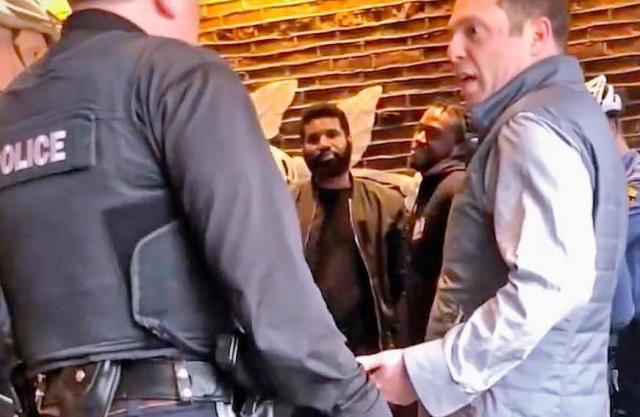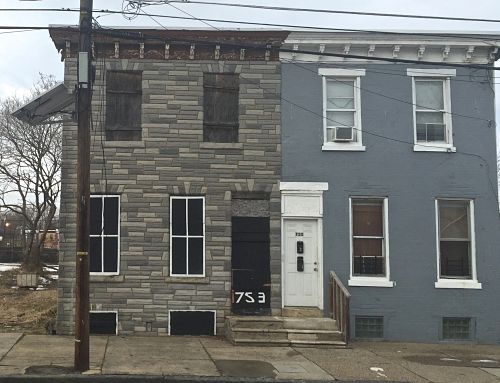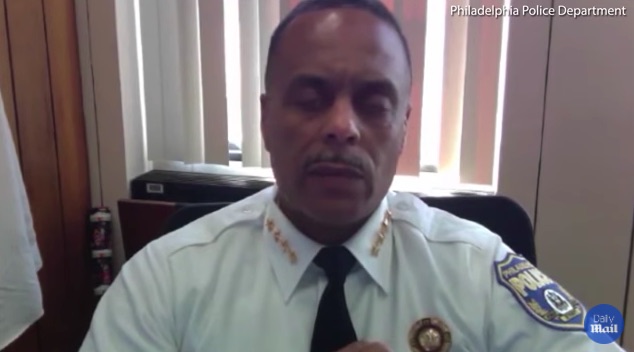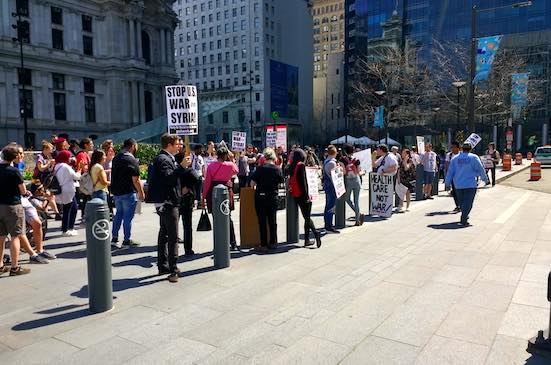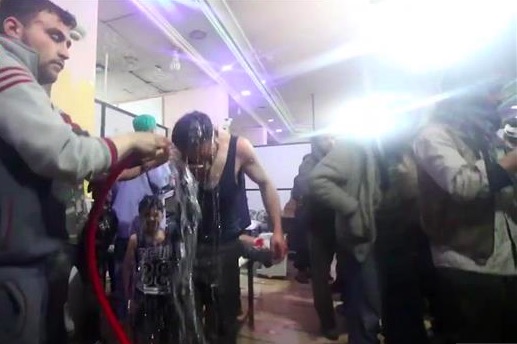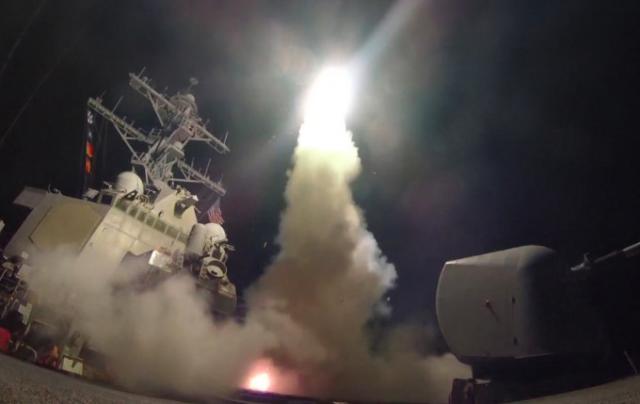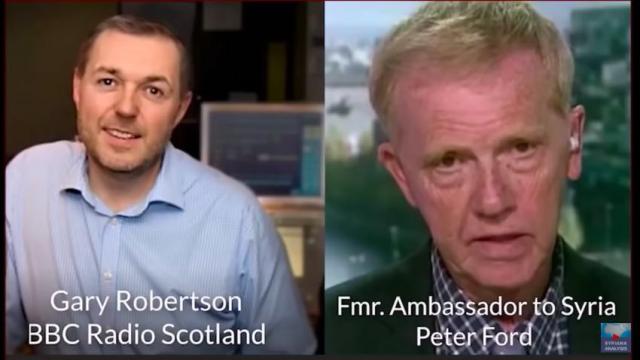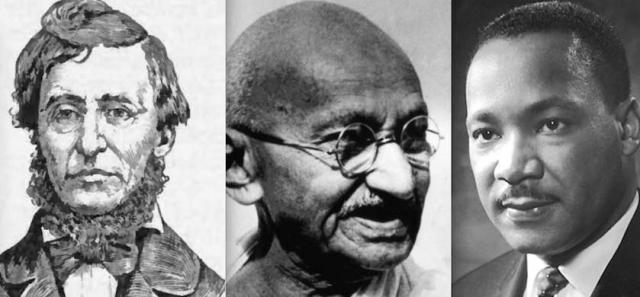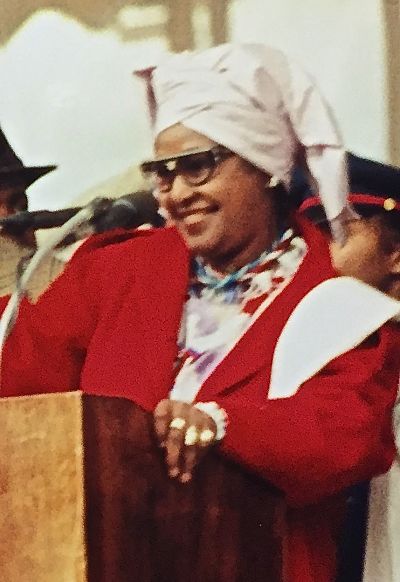Investigators from the Organization for the Prohibition of Chemical Weapons (OPCW) have only recently reached Douma, scene of an alleged chemical bombing attack on April 7, and have not yet had time to test samples they collected to see if banned poison chemicals were actually used, but already US mainstream media reporting on the situation in the Damascus suburb where the alleged chemical attack is said to have occurred is starting to shift. That shift tends to make the story to fall more comfortably in line with the US government position that the attack, if it happened, was the work of the Syrian military, and that Assad’s “attack” caused rebels to surrender and agree to leave the embattled city.
The problem is, though, that back on April 1, a week before the alleged attack, the Associated Press was reporting something quite different: namely that rebels in Douma were beginning to evacuate the area they had held for years, under a safe passage agreement negotiated with the Syrian government, according to which buses would be able to remove them to safety in the north of the country. That report made clear that the rebel resistance had already collapsed g and that the rebel fighters were going to be evacuated in following days by chartered buses, which had already begun moving them out of the city well before April 7.
A French state television report on April 1 also reported that on that date:
Negotiators in the last rebel-held bastion in Syria’s eastern Ghouta reached a deal on Saturday with the Russian side to evacuate the wounded from Douma to rebel-held northern Syria, local sources familiar with the deal said.
The agreement was reached by the negotiating committee that comprises both civic leaders and representatives of Jaish al-Islam, the rebel faction in control of Douma, the sources said.
The committee has been negotiating a deal to spare the city a military assault by the Syrian army and its allies who encircle it. They have threatened to storm the city if rebels do not agree to surrender the last patch in the enclave in return for safe passage to insurgent-held territory in northwestern Syria.
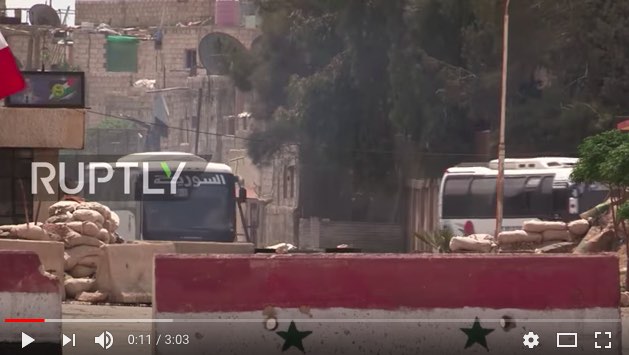 Rebels fleeing Douma by bus caravan under a Russian-negotiated 'safe passage' agreement
Rebels fleeing Douma by bus caravan under a Russian-negotiated 'safe passage' agreement
These accounts of course raise serious questions as to why Assad would opt to drop a few chemical bombs as he’s accused by the US of doing, killing a few dozen local residents while predictably angering the world community and giving the US an opening to bomb his forces. Why do that if Assad’s military forces had already won full control of the last rebel stronghold in Syria’s capital city region, with an agreement, already being implemented, to ship the rebels out of the city?

